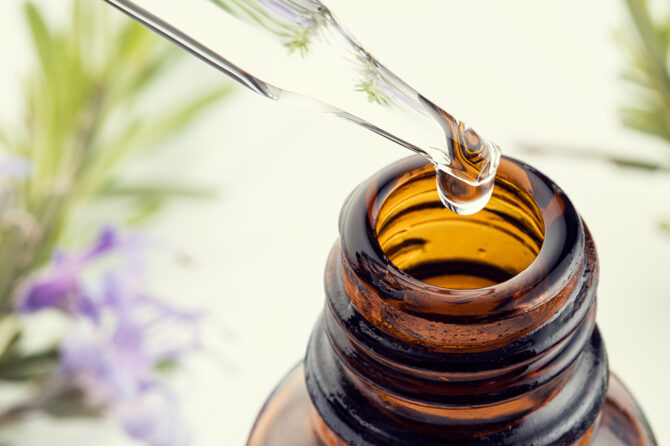
What Is the Fastest Way to Heal Receding Gums?
Receding gums is a common dental problem that many adults face. It is characterized by the gradual loss of gum tissue, which causes the roots of the teeth to become exposed. This can lead to tooth sensitivity, pain, and even tooth loss if left untreated. Receding gums can be caused by a variety of factors such as gum disease, brushing too hard, genetics, and hormone changes. If you are suffering from receding gums, it is important to seek treatment as soon as possible. In this article, we will discuss the fastest ways to heal receding gums

Brushing and flossing correctly
One of the easiest and most effective ways to treat receding gums is to improve your oral hygiene. Brushing and flossing can help remove plaque and bacteria that cause gum disease, which is one of the main causes of receding gums. However, it is important to brush and floss correctly. Brush your teeth gently with a soft-bristled brush in a circular motion for at least two minutes, twice a day. Floss your teeth at least once a day to remove plaque and food particles between your teeth and along your gum line.
Using a fluoride mouthwash
A fluoride mouthwash can be a great addition to your oral hygiene routine. Fluoride helps strengthen tooth enamel, making it more resistant to decay and gum disease. It can also help reduce sensitivity caused by receding gums. Rinse your mouth with a fluoride mouthwash once or twice a day after brushing and flossing.
Using a gum stimulator
A gum stimulator is a small rubber tip that helps massage your gums and increase blood flow. This can help promote gum tissue growth and reduce inflammation caused by gum disease. Use a gum stimulator once or twice a day, after brushing and flossing.
Oil pulling
Oil pulling is an ancient Ayurvedic practice that involves swishing oil in your mouth for several minutes. This can help remove bacteria that cause gum disease and improve oral hygiene. Coconut oil is one of the best oils to use for oil pulling, as it has antimicrobial and anti-inflammatory properties. Swish a tablespoon of coconut oil in your mouth for 10-15 minutes, then spit it out and rinse your mouth with water. Do this once or twice a day, preferably in the morning on an empty stomach.
Aloe vera
Aloe vera has long been known for its healing properties. It can help reduce inflammation and promote tissue healing. Applying aloe vera gel to your gums can help soothe the inflammation caused by receding gums. Simply apply a small amount of aloe vera gel to your gums and massage it in for a few minutes. You can also rinse your mouth with aloe vera juice once a day.
Green tea
Green tea is another natural remedy that can help reduce inflammation and promote oral health. It contains polyphenols, which are antioxidants that can help prevent gum disease and improve gum health. Drink one or two cups of green tea a day to promote oral health and reduce inflammation caused by receding gums.
Dietary changes
Foods rich in vitamins and minerals can help promote gum health and prevent gum disease. Vitamin C, for example, has been shown to help reduce inflammation and promote tissue healing. Foods rich in vitamin C include citrus fruits, broccoli, and bell peppers. Foods rich in vitamin D and calcium can also help promote gum health by strengthening tooth enamel and bone. Foods rich in vitamin D include eggs, salmon, and fortified cereals. Foods rich in calcium include milk, cheese, and leafy greens.
Surgical options
In some cases, surgical intervention may be necessary to treat receding gums. These options may include:
– Gum graft surgery: This involves taking tissue from another part of your mouth, such as the roof of your mouth, and attaching it to the area where your gum tissue has receded.
– Regenerative procedures: These procedures involve the use of special proteins to help stimulate the growth of gum tissue and bone.
– Pinhole surgical technique: This minimally invasive procedure involves creating a small hole in your gum tissue and using specialized instruments to gently move your gum tissue down to cover the exposed roots of your teeth.
Receding gums can cause discomfort, pain, and embarrassment. However, there are many ways to treat and prevent receding gums. Improving your oral hygiene, using natural remedies, and making dietary changes can all help promote gum health and prevent gum disease. If you are experiencing receding gums, it is important to seek professional treatment as soon as possible. Your dentist can help you determine the best course of treatment for your individual needs.
Leave a reply